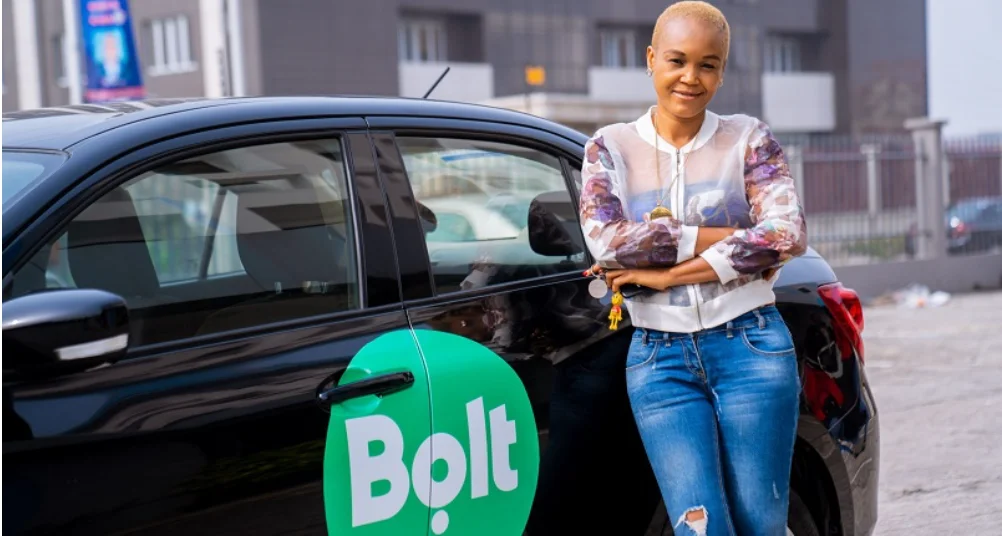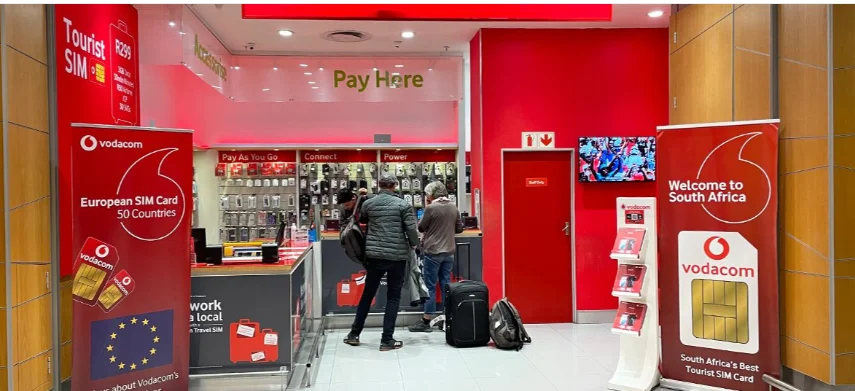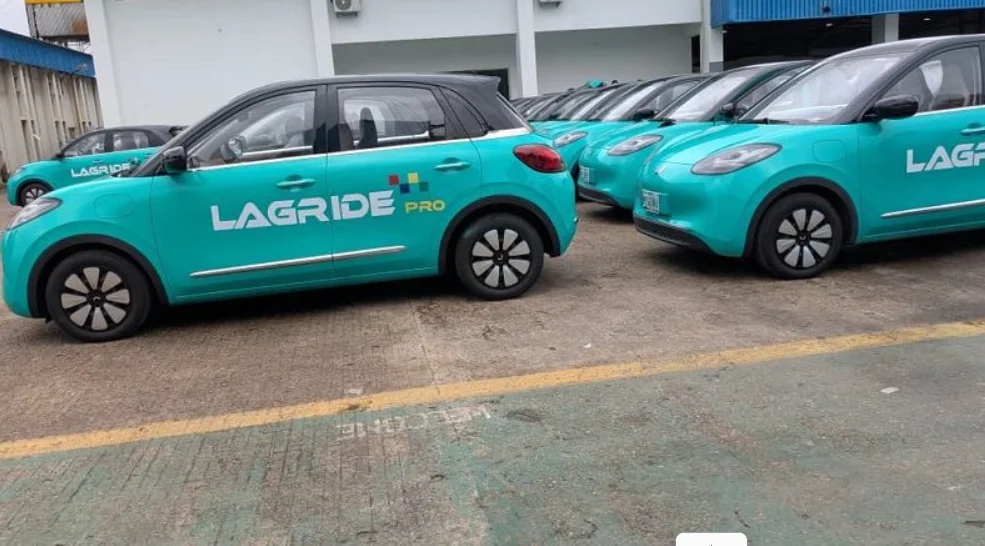Kenyan Authorities Order Uber and Bolt to Raise Fares by 50% Following Drivers’ Protest
Kenyan transport authorities have ordered leading ride-hailing companies Uber and Bolt to implement a significant 50% fare increase, following years of driver agitation over low earnings and alleged exploitation. The directive, issued by Kenya’s Ministry for Roads and Transport, instructs all ride-hailing platforms to immediately adopt the Automobile Association of Kenya (AAK) pricing guidelines.
AAK Fare Guidelines: What Changes for Riders and Drivers
Under the new AAK recommendations, per-kilometre rates will rise by approximately 50% across engine categories:
- Small engines (up to 1050cc): Fare increases from Sh22 to Sh33.1 — a 50.4% rise
- Medium engines (1051cc to 1300cc): Fare increases from Sh26 to Sh36.8 — a 41.5% rise
According to Yahya Ahmed, Head of Licensing at the National Transport and Safety Authority (NTSA), the AAK pricing model was submitted to ride-hailing companies as far back as 2023 but was not enforced due to the lack of a unified regulatory framework.
Paul King’ori, Director of Road and Railways Transport, speaking on behalf of Transport Cabinet Secretary Davis Chirchir, warned that Uber and Bolt must comply with the new rates. The companies have been given seven days to respond with clear implementation plans.
Long-Standing Drivers’ Demands for Fairer Compensation
Kenya’s ride-hailing drivers have consistently raised concerns about low fares and poor working conditions. Their grievances intensified in July 2024, when drivers held widespread protests citing:
- High commission charges
- Below-market fares
- Lack of enforcement of the minimum Ksh 300 per-trip rate stipulated by law
One driver noted that without proper fare structures, rising fuel costs, and app commissions leave them with “very little to survive on.”
Drivers even threatened to take pricing offline by bidding for trips independently, a move that would undermine platform-based fare control.
Bolt’s Previous Fare Adjustment Fell Short
In August 2024, Bolt introduced a 10% fare increase, raising the base fare in its Economy category from Ksh 200 to Ksh 220.
At the time, Linda Ndungu, Bolt’s General Manager for Rides, stated:
“This fare adjustment is not just a price change but a step toward acknowledging the value our drivers bring to the platform.”
However, drivers said this modest increase was insufficient and did not reflect the rising cost of operations or match the legally recommended minimums.
Union Moves to Challenge Ride-Hailing Companies Over ‘Digital Slavery’
Dissatisfaction among drivers escalated in late 2025. The Transport Workers Union of Kenya (TAWU) announced plans to file a petition against Uber and Bolt over:
- Unfair labour practices
- Exploitative digital working conditions
- Violation of constitutional labour rights
In a statement to Technext, Nicholas Ogolla, TAWU’s General Secretary, accused both companies of deducting commissions above the legally capped 18% set under the Digital Hailing Regulations of 2022.
According to Ogolla, these practices amount to what he describes as “digital slavery,” alleging that drivers continue to bear the operational burden while companies maximise profits.
What Happens Next?
The 50% fare increase marks one of Kenya’s most significant regulatory actions in the ride-hailing sector. If enforced, it could:
- Improve earnings for drivers
- Increase operational transparency
- Raise ride costs for passengers
- Set a precedent for digital labour regulation across Africa
With Uber and Bolt now required to justify their implementation plans within seven days, the coming weeks will determine whether Kenya’s long-standing driver grievances will finally be addressed, or whether tensions will escalate further












